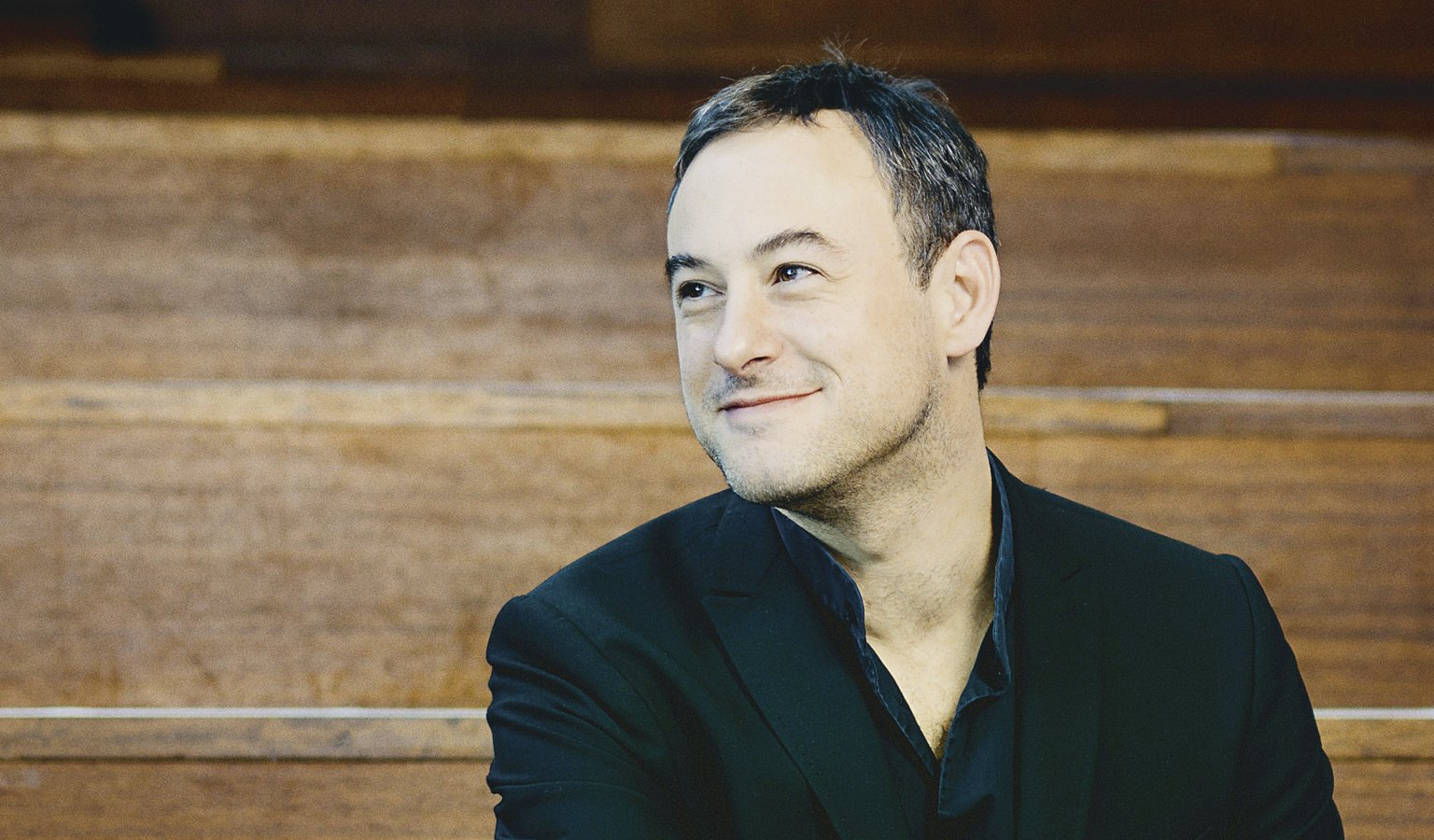
Program
Antonio Vivaldibio:
La Senna Festeggiante, RV 693
Featuring
Other information
The event is about 2.5 hours long.
View the program bookletAbout the event
Jonathan Cohen, British expert of Baroque music and a return conductor of the Budapest Festival Orchestra, will use Vivaldi’s striking, fariytale-like composition to show how international diplomacy worked in the 18th century.
La Senna Festeggiante (The Seine in Celebration) is by far the best of Antonio Vivaldi’s three surviving serenatas from what we believe was a total of eight pieces. Written for an instrumental ensemble with three vocal soloists, the two-part serenata runs just shy of ninety minutes. It was composed in 1726 in hopes of creating an alliance joining nations. Venice, whose army was rather modest in size, was in need of the support of larger powers, which is how certain French elements seeped into the essentially Italian musical style, and also why Vivaldi pays homage to the 16-year-old Louis XV with an almost embarrassing enthusiasm. The serenata’s tremendously simple plot, which employs only positive, allegorical characters – standing for Louis’s positive characteristics – was conceived by Domenico Lalli, who was the librettist for several of Vivaldi’s operas. Virtue and The Golden Age meet on the shores of the Seine to ponder the horrors of the world. The river speaks to them and takes them in, and the three characters end up singing praises to Louis’s greatness.
Vivaldi’s music, however, elevates this awkward lobbying to great artistic heights. The arias, describing among others the flow of the river and the storm, are highly expressive. The vocal melodies are often virtuosic, the duets are lyrical and the occasional instrumental solos never fail to make an impression. In addition to the emphatically French elements (such as the overture of the second part), Vivaldi also relied heavily on his earlier works, and these arrangements are in many places more convincing than the originals.
The work, rarely performed in Hungary, will feature Emőke Baráth alongside the BFO. Baráth also sang in the serenata’s 2012 Hungarian premiere.
